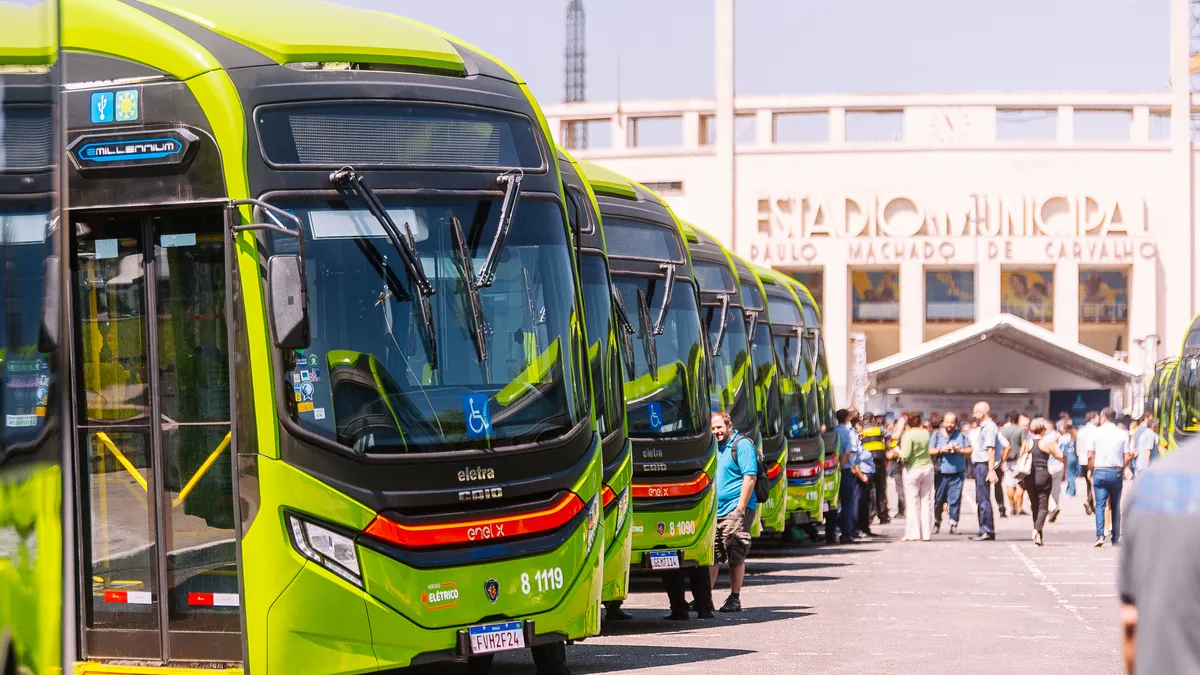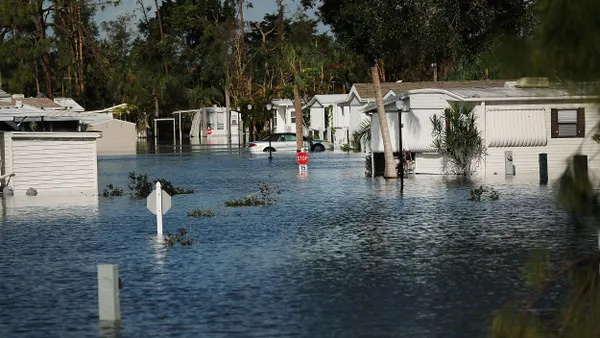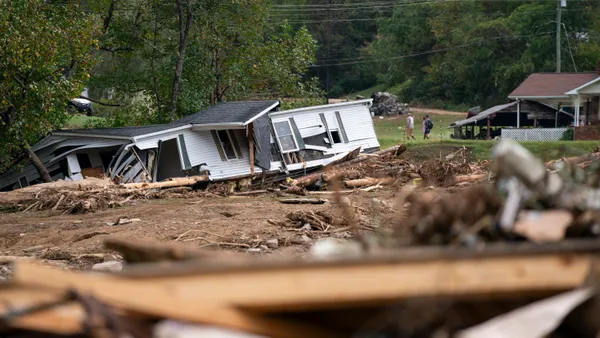From June 18 to 21, over 1,500 global attendees converged in São Paulo, Brazil, for the triennial global gathering of the world’s largest city sustainability network - ICLEI - Local Governments for Sustainability.
The event showcased innovative real-life examples of local and regional governments in the ICLEI network driving action through five interlinked pathways that make up ICLEI’s definition of sustainable urban development: zero emission development, nature-based development, equitable development, resilient development and circular development.
These pathways are at the core of the newly-launched ICLEI São Paulo Strategic Vision 2024-2030, “The Power of Our Network in a Changing World,” which charts a course toward achieving sustainability. Here, we highlight cases of cities finding synergies across each of these pathways to achieve our much-needed sustainable transformation.
Zero emission development
São Paulo, Brazil: Powering sustainable public transport
|
São Paulo’s Climate Action Plan (Planclima) 2020-2050 aims to slash carbon emissions in half by 2038 and achieve zero emissions before 2050. This 12 million-people mega-city boasts the largest fleet of electric buses (photo) in Latin America. With the assistance of international and national loans, the city has secured two billion USD to introduce 2600 e-buses by the end of 2024, to have 20% of its bus fleet powered by sustainable energy. |
 ICLEI
|
These efforts align with Planclima’s vision to transform São Paulo into a carbon-neutral city, with the goal of providing quality public services, increased well-being and inclusive sustainable development for all. Five new bus corridors were built to decrease passenger transit time, and last May, the city inaugurated the first public river transport, benefiting over 385 thousand residents and curbing the two-hour bus ride downtown to just a 12-minute aquatic journey.
Nature-based development
Cape Town, South Africa: Integrating nature-based solutions into the urban landscape
For years, the seaside suburb of Hout Bay in Cape Town struggled with migrating dunes burying city infrastructure and private properties under sand. The city implemented The Hout Bay Dune Rehabilitation Project to reduce the impact of the dunes. Instead of heavy machinery, the city used wind net installation, marram grass planting, dune thicket vegetation planting and seeding, selective irrigation and intensive maintenance. These nature-based solutions were key to the now-established and stable dune system.
In order to achieve equitable development goals, the project selected workers from the local sub-council database who benefited from employment opportunities and green skills development. The successful approach is now being replicated in other dune systems to protect public and private infrastructure and enhance the availability of green jobs training.
Equitable development
Malmö, Sweden: Embedding equity in urban sustainability
|
Malmö has integrated social equity into its climate strategy through various initiatives, such as sustainable food, equitable economy and affordable housing. Through its public municipal housing company, MKB, the city aims to provide housing for all kinds of households in low-energy and climate-friendly buildings that are high in physical availability and have child-friendly environments. Policies ensure that 10% of new rentals are available to residents receiving financial assistance, and the same amount must be sublet for the municipality’s social housing activities. |
 ICLEI
|
These efforts are reflected in the Malmö Commitment on Inclusive and Equitable Communities, co-founded in 2022 by Mayor Katrin Stjernfeldt Jammeh, Malmö, Sweden, (photo, right) who is also the newly-elected President of ICLEI. The initiative is a pledge that embeds social equity at the core of local sustainable development, building a network of cities working together on inclusive approaches to sustainable and zero emission development.
Resilient development
Latin American and the Caribbean cities: Sparking urban resilience against natural hazards
Latin America and the Caribbean is one of the most urbanized and socially unequal regions in the world. More than 100 million people in the region live in urban slums, with their livelihoods frequently disrupted by increasing natural hazards.
Seven cities from this region have committed to strengthening their disaster risk management strategies by joining the Urban Infrastructure Insurance Facility (UIIF). Curitiba, Porto Alegre and Recife in Brazil; Reynosa and Mérida in Mexico; Tegucigalpa, Honduras; and Kingston, Jamaica, will be able to transfer selected natural disaster risks to a shared cumulative portfolio, or risk pool, through tailored insurance coverage facilitated by the project. This approach will help these cities to understand their natural hazards and protect vulnerable communities and critical infrastructure from the impacts.
Circular development
Boulder, Colorado, USA: Harnessing innovation and partnership to reduce plastic use
Boulder aims to create a circular economy that minimizes landfill waste by emphasizing reuse, repair and waste prevention. This approach goes beyond recycling, focusing on innovative ways to reduce consumption and support Boulder’s goals of 85% waste diversion by 2025 and carbon neutrality by 2035.
This community-wide effort involves partnerships between the city, nonprofits, governments and businesses. Since 2012, Boulder’s ten-cent fee on single-use plastic bags has reduced their use by 70%, with revenues funding reusable bags for low-income residents.










